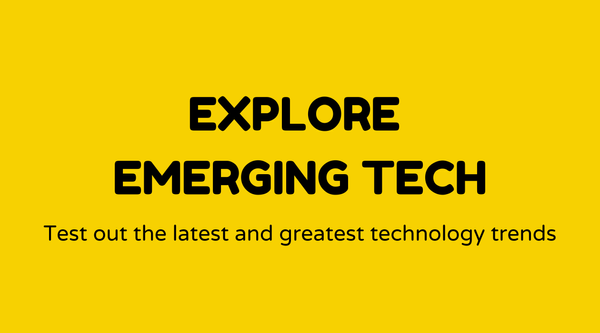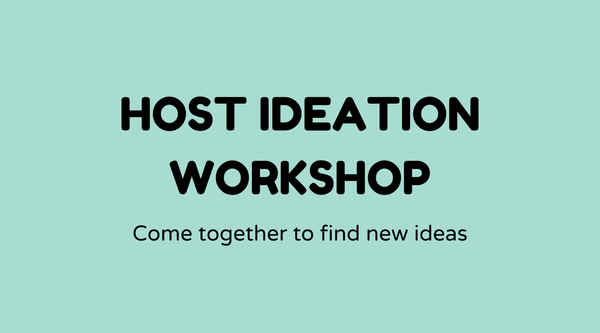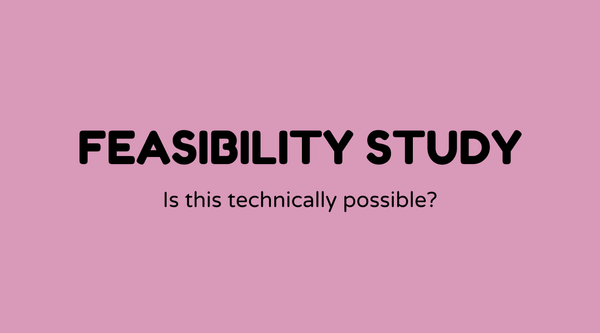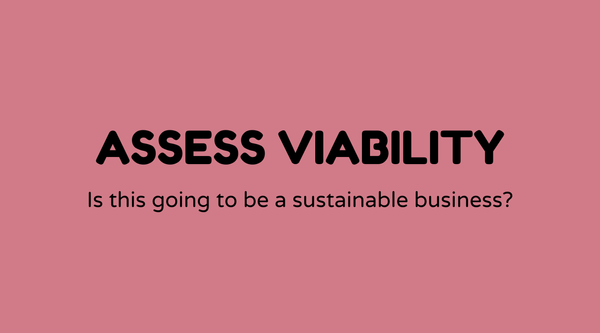Experiment Planning
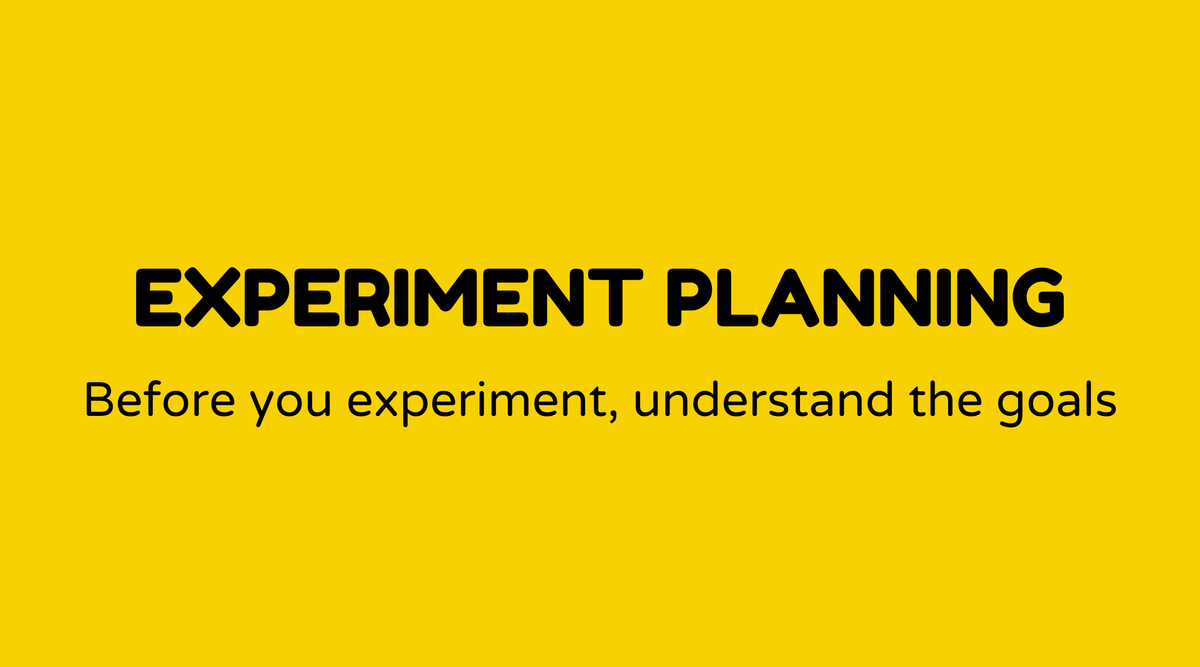
Overview of Experiment Planning Workshop
Experiment planning workshops are essential for refining the processes involved in creating, conducting, and assessing experiments. In environments where innovation and data-led decisions are vital, these workshops act as a collaborative space to brainstorm, strategize, and enhance experimental designs. They form a key component of research and development teams' resources, ensuring experiments provide valuable and actionable insights.
These workshops assemble experts, stakeholders, and team members to systematically address the steps necessary for effective experiments. Whether in a corporate, academic, or scientific context, experiment planning workshops offer a structured method for testing hypotheses.
Why Experiment Planning Workshop Matters
In today's competitive arena, businesses and research organizations are always seeking ways to innovate and improve. Experiment planning workshops are important as they help define the scope, identify variables, and set up controls that are essential for the success of an experiment. This foresight ensures that resources are allocated wisely, and outcomes are measurable and impactful.
Additionally, an experiment planning workshop minimizes uncertainties associated with experimentation by anticipating potential issues and addressing them in advance. This approach reduces trial-and-error efforts and improves the reliability of results, laying the groundwork for data-informed strategies and solutions.
What is Experiment Planning Workshop
An experiment planning workshop is a focused session where participants collaborate to outline the details of an experimental project. The goal is to cover every critical element such as objectives, methods, timelines, necessary resources, and evaluation plans. This thorough method establishes a clear pathway from the inception of an idea to achieving meaningful conclusions.
Through organized brainstorming, group discussions, and expert advice, participants craft a detailed execution plan. This ensures all team members are aligned and can contribute effectively to the experimental process.
How to Conduct an Experiment Planning Workshop
Conducting a successful experiment planning workshop involves several key steps:
-
Define Objectives: Start by clarifying what the experiment is intended to achieve. This includes specifying the hypothesis and expected outcomes.
-
Gather Participants: Invite individuals with diverse skills related to the subject—scientists, engineers, marketers, or data analysts—each offering a unique viewpoint.
-
Outline the Methodology: Discuss and select the most suitable experimental design, which may include choosing between qualitative or quantitative approaches.
-
Identify Required Resources: Determine what materials, equipment, software, and personnel are needed.
-
Set Timelines and Milestones: Develop a timeline with key milestones for tracking progress.
-
Risk Assessment: Evaluate potential variables that could affect the experiment's success and create contingency plans.
Sample Agenda of Experiment Planning Workshop
To ensure an organized approach, a sample agenda for an experiment planning workshop might include:
- 9:00 AM - Welcome and Introduction: Overview of the workshop objectives.
- 9:30 AM - Objective Setting: Defining what the experiment seeks to achieve.
- 10:30 AM - Break
- 10:45 AM - Discussion of Methodologies: Exploring potential experimental designs.
- 11:45 AM - Resource Identification: Listing materials, tools, and team members needed.
- 12:30 PM - Lunch
- 1:30 PM - Risk Management Session: Identifying potential issues and strategies for mitigation.
- 2:30 PM - Timeline Creation: Developing a project timeline and setting milestones.
- 3:30 PM - Conclusion and Next Steps: Setting expectations for post-workshop activities.
- 4:00 PM - Closing Remarks
Examples of Experiment Planning Workshops
- Corporate Innovation Labs: These often hold sessions to plan A/B testing for new products, optimizing features based on user feedback and data analysis.
- Academic Research Teams: University departments conduct workshops to design experiments for thesis projects, ensuring adherence to rigorous academic standards.
- Non-Profit Organizations: These groups use workshops to plan pilot projects or initiatives aimed at assessing community impact.
FAQs
- What are the main goals of an experiment planning workshop?
The primary goals are to define the experiment’s objectives, create an actionable plan, allocate resources wisely, and anticipate possible risks.
- Who should attend an experiment planning workshop?
Attendees should include stakeholders with expertise relevant to the experiment, such as project managers, data analysts, subject matter experts, and decision-makers.
- How long does an experiment planning workshop typically last?
The duration can vary, but most workshops are around a day long, ranging from a few hours to a full day, depending on the experiment's complexity.
- What tools can be used during the workshop?
Tools like project management software, data visualization programs, and collaborative platforms such as Miro or Google Workspace can enhance teamwork and documentation.
- Why is risk assessment essential during the workshop?
Risk assessment helps identify potential pitfalls early on, allowing teams to devise strategies to handle these risks, ensuring smoother execution of the experiment.
- What happens after the workshop concludes?
After the workshop, the team typically refines the plan, begins executing the project, and continuously monitors progress while making necessary adjustments.
